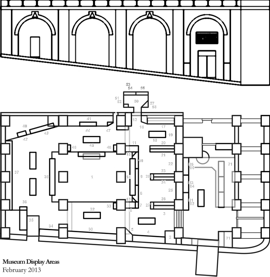Alphonse Pénaud
Alphonse Pénaud (1850-1880) was a French pioneer of aircraft design, who is chiefly remembered for having produced a range of quite decent working rubber-band-powered model aircraft in the late C18th, including the model bought for the young Wright Brothers by their mother which inspired them to become aviators.
Pénaud's main technical contribution to aircraft design was probably the idea of inherent stability. Previous aircraft designs had tended to be inherently unstable - they worked "in theory" when conditions were ideal, but when they weren't exactly centred or exactly level, things would start to go badly wrong leading to the plane falling out of the sky. Pénaud's designs were carefully engineered so that, for instance, if the nose of the plane dipped, the aerodynamics of the craft changed so that the nose would naturally tend to raise, and if it raised above the proper angle, the aerodynamics would tend to push the nose down again.
This auto-adjusting behaviour was pretty much essential for a commercial model aeroplane that didn't have an onboard pilot frantically wrestling with the controls to try to keep the plane level, and inherent stability was one of the features of the Wright Brothers' design that made their first flight feasible.
Pénaud produced a design for a full-size people-carrying aircraft, a streamlined amphibious "flying wing" seaplane , but his lack of funding and failing health led to him becoming so dejected that he committed suicide at the age of thirty.


